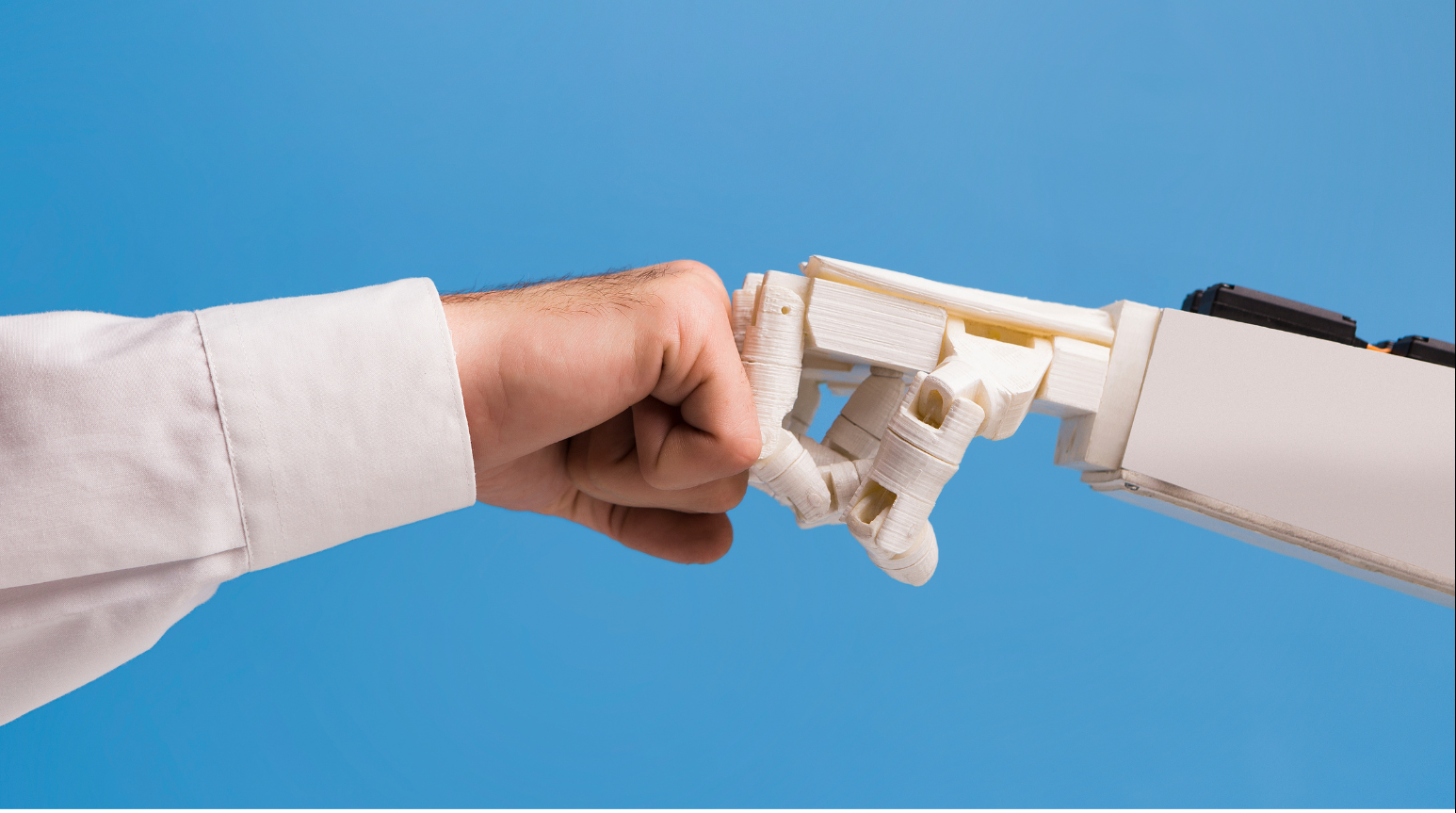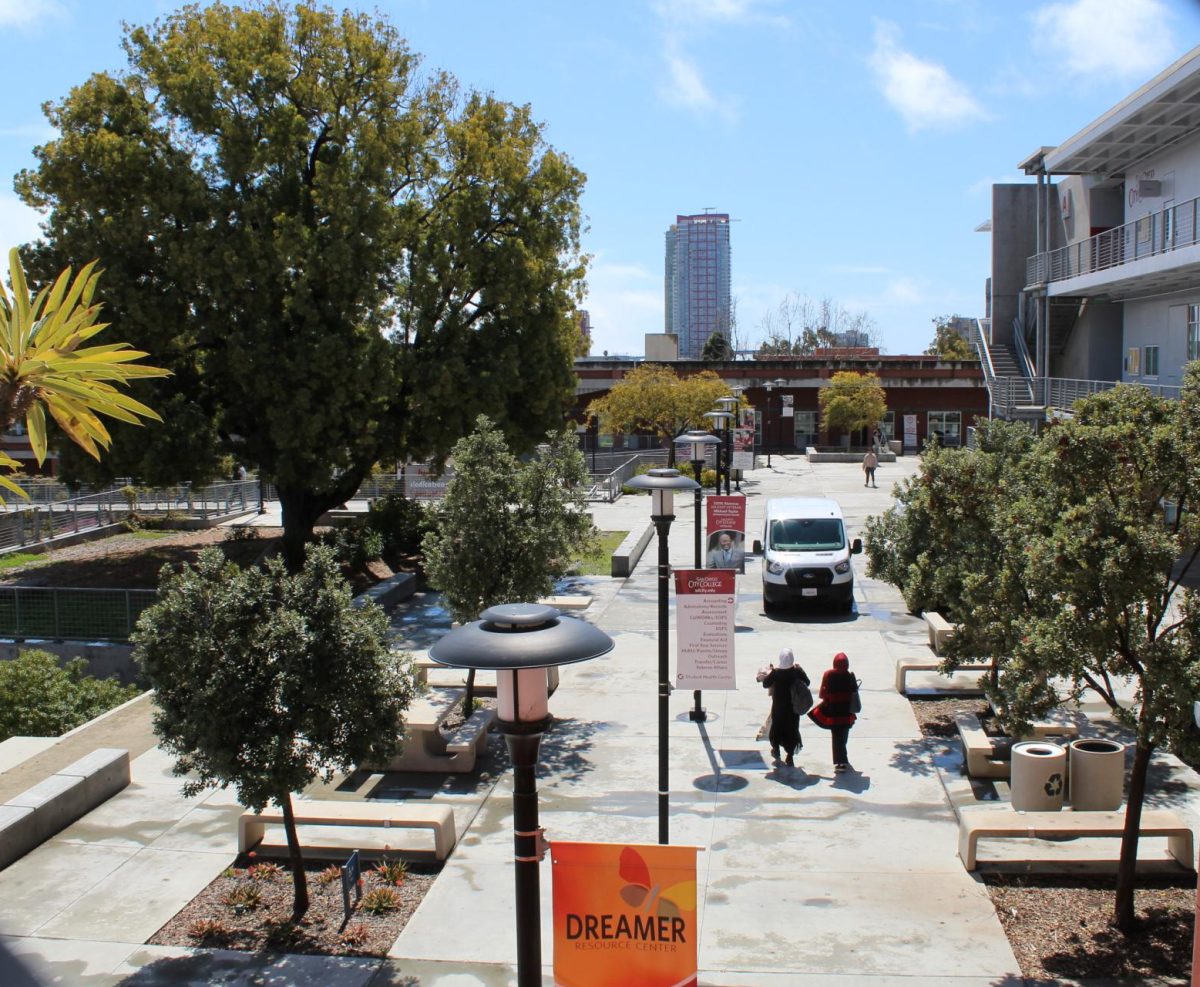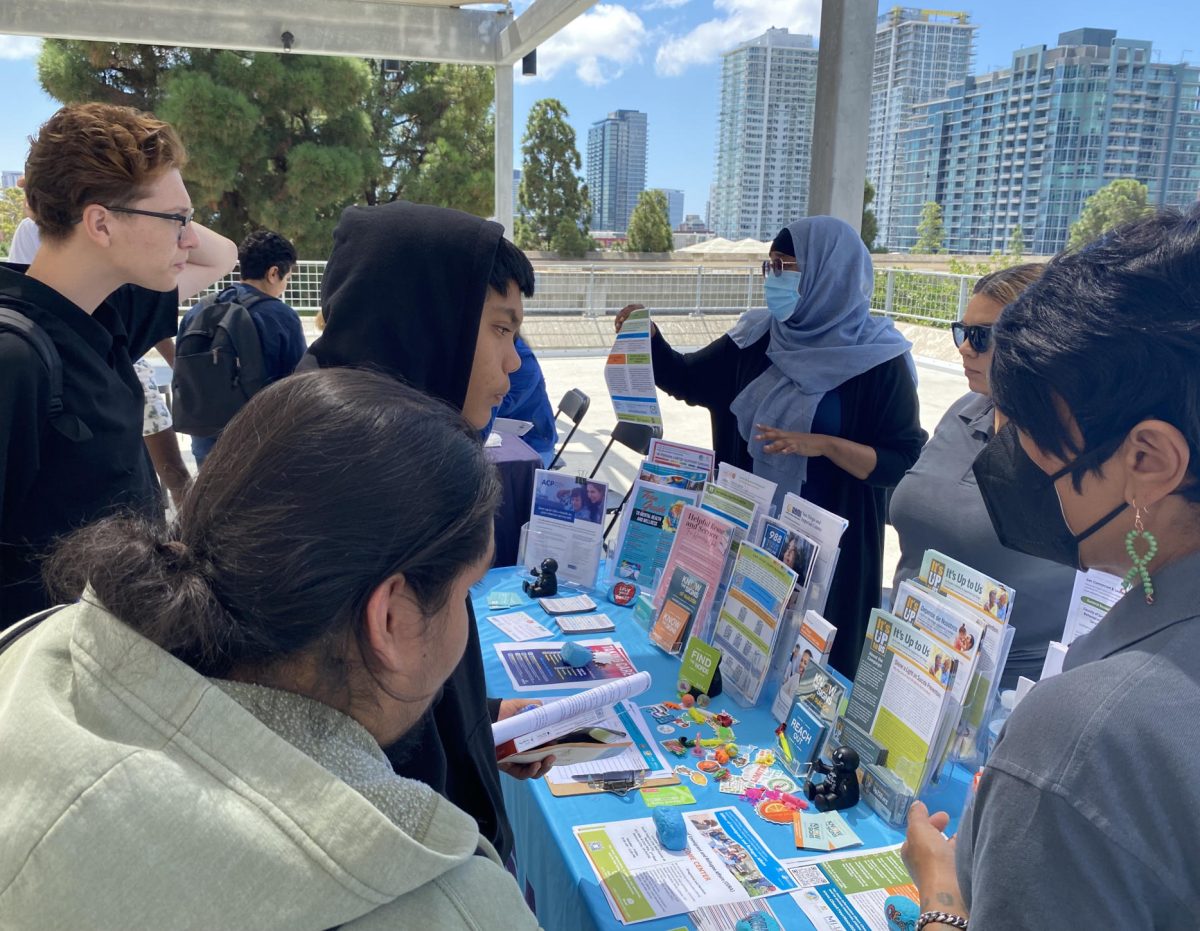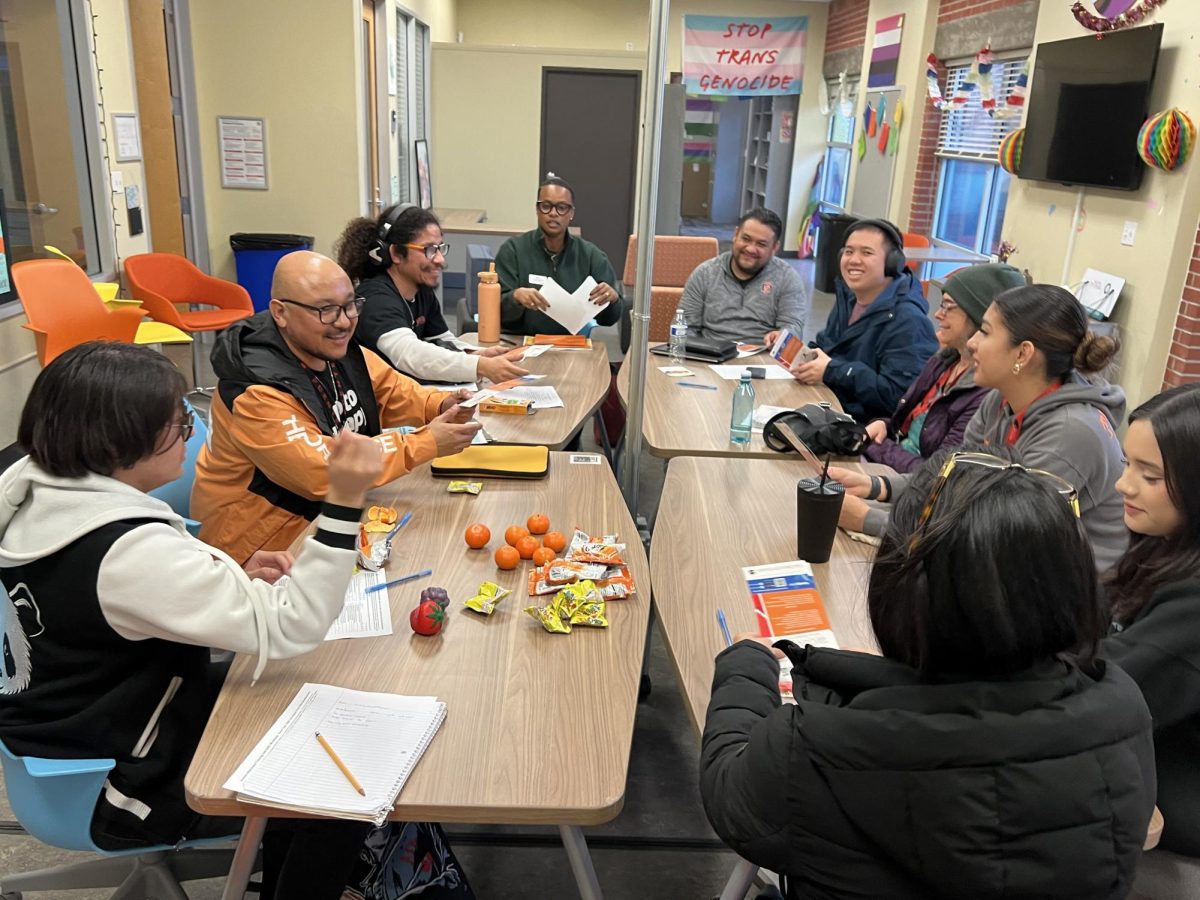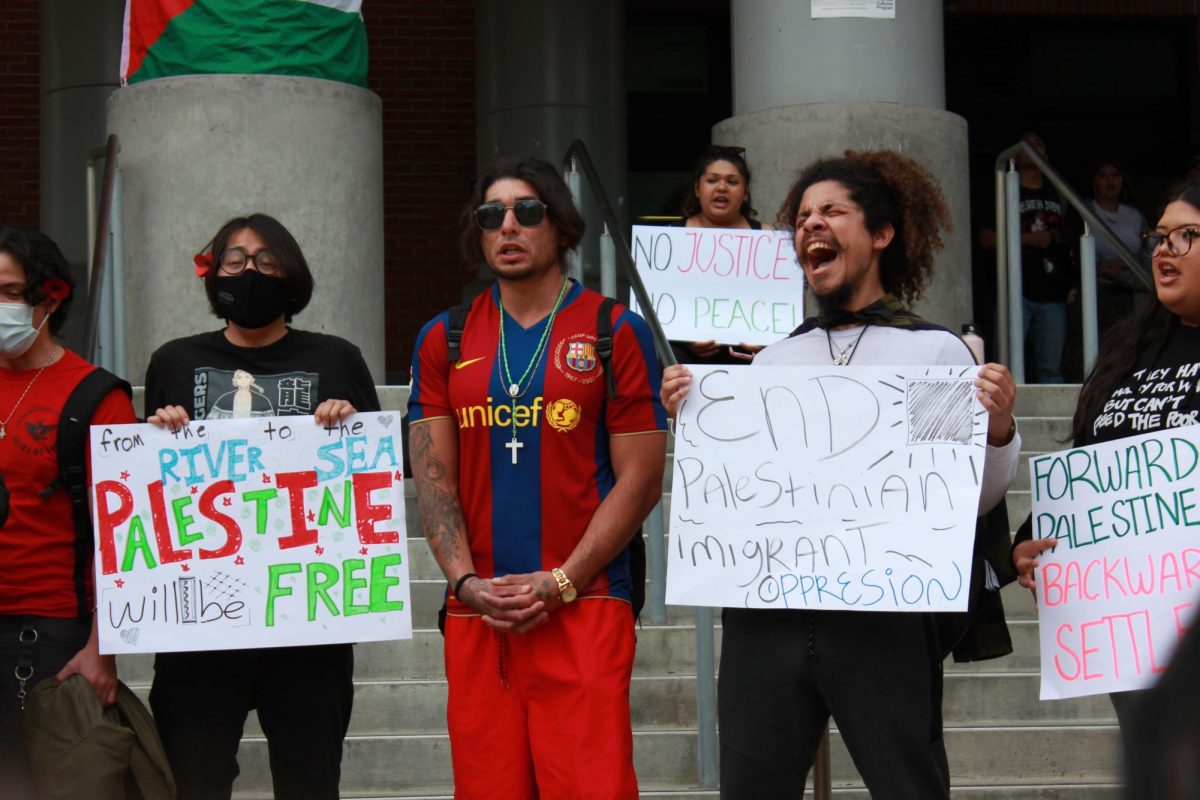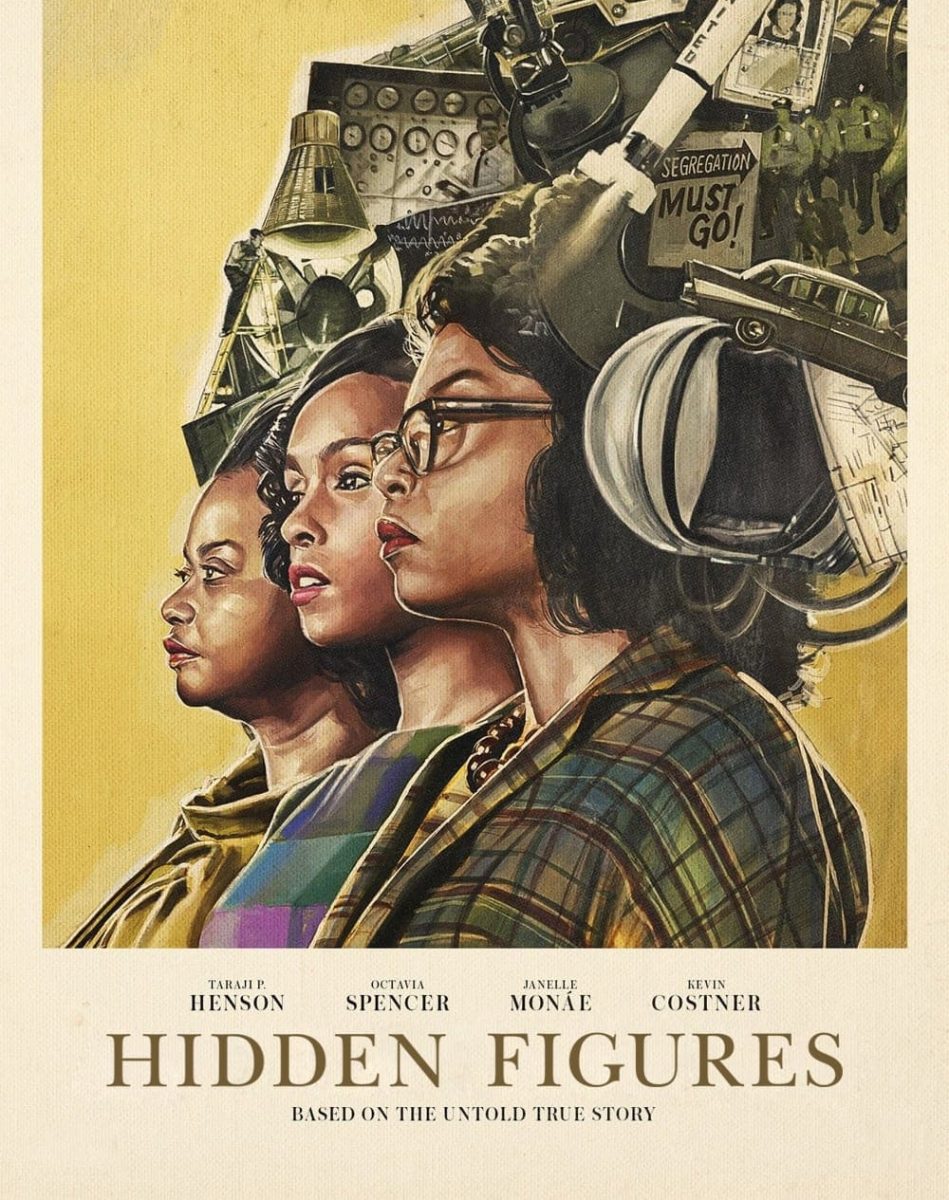Speaking to a Zoom audience, Miramar College Associate Professor of English Rodrigo Gomez shared a graph showing how quickly various online platforms reached 100 million users.
It compared the big ones – Netflix, Instagram, Spotify – to ChatGPT.
Most of the lines climbed quickly at first, before flattening out as they reached 100 million.
Not ChatGPT, though. Its line goes straight up.
“The amount of time that it took to integrate something like Netflix into our day-to-day was 3,500 days so that it could get to the same user count that ChatGPT hit in a day,” Rodrigo told the audience.
AI has rapidly expanded to touch almost every aspect of life. One of the areas most impacted has been education.
San Diego Community College District is trying to help its community adjust to this massive change.
When Michelle Fischthal came in as the vice chancellor of the new Office of Institutional Innovation and Effectiveness for the San Diego Community College District last year, AI was already on her radar.
Fischthal’s background is in career technical education and is focused on how technologies will be incorporated into industry, making sure students are ready to get employment in those sectors.
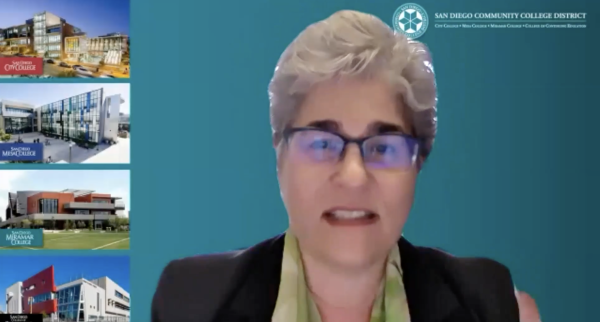
“When I initially took this position … my passion was really about making sure we, as the local community college, were supporting our community,” Fischthal said. “Because I felt if we’re not doing this work, who is and how will our community members learn and not be behind but be in front of those emerging technologies?”
Fischthal surveyed district employees on what new technologies they were interested in and using in their class. This included AI, as well as virtual and augmented reality.
“AI popped out from all classifications of employees, whether they were classified as administrators or faculty,” she said.
She also connected with Gomez, who was an early adopter of ChatGPT and led an educational series at Miramar College that was similar to what Fischthal was hoping to do.
They decided to team up on a series of trainings that they called AI Demystified.
The first session, held on Nov. 27, focused on the general history and use of AI. The next session, held on Dec. 4, was on how AI could be of use to educators and how they can incorporate it into their lessons.
Fischthal is already working on more AI training opportunities for the spring semester that will help professors better integrate AI into their lessons.
Fischthal knows that it might be difficult for colleges to adapt to this new technology, but she doesn’t believe they have a choice.
“The challenge with technology is it goes really quickly,” she said, “and we’re big institutions and it’s hard to go quickly sometimes.”

